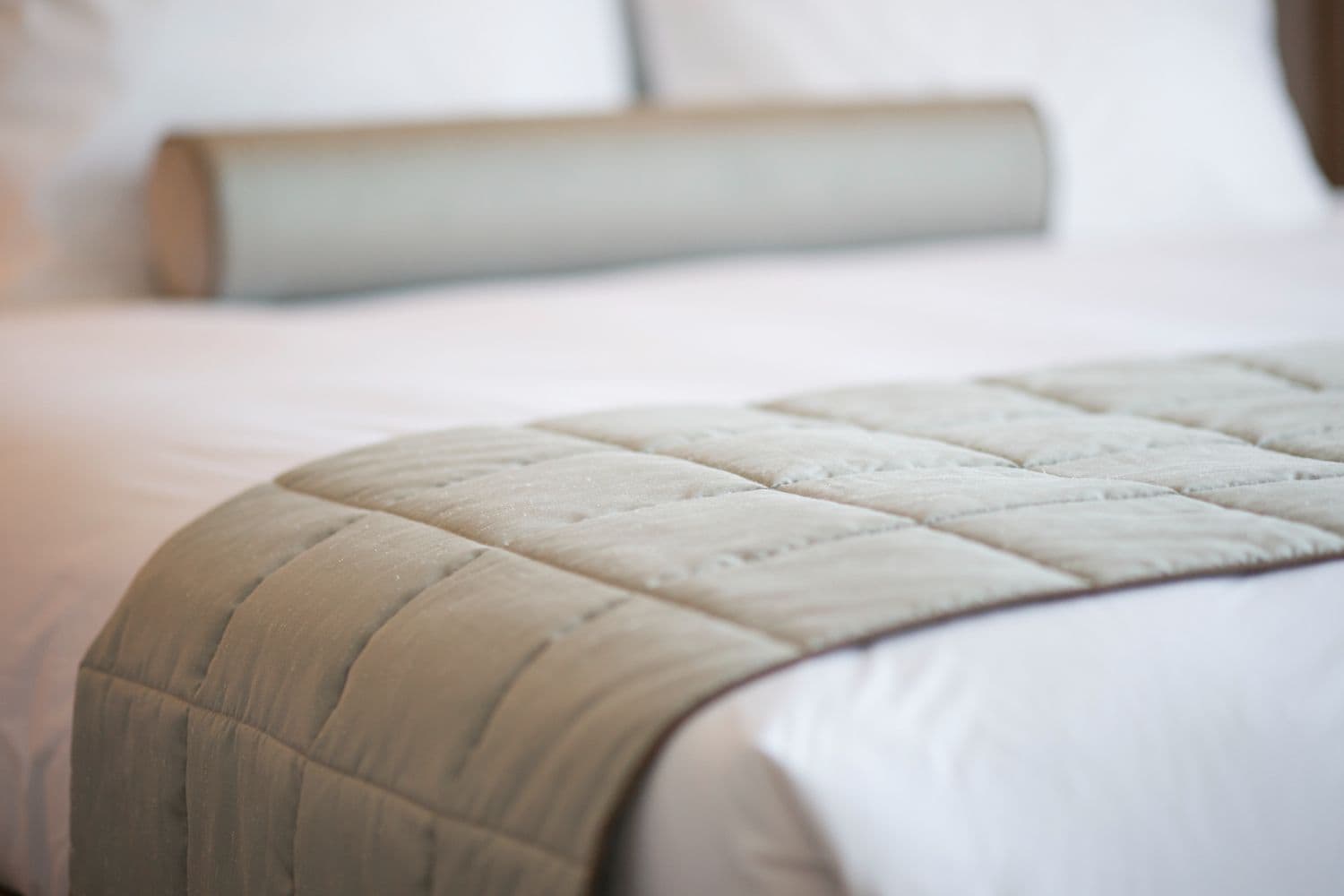
Why a Cotton Mattress Futon Could Be the Healthier Choice for Your Sleep?
When was the last time you woke up feeling truly refreshed? For many, the culprit behind restless nights isn’t stress or diet alone—it’s the mattress. While foam and spring beds dominate the market, more people are rediscovering a timeless sleep solution that’s natural, supportive, and surprisingly modern: the cotton mattress futon.
If you’ve ever wondered whether a futon made of cotton could actually be healthier for your sleep and overall well-being, the answer might just be yes. Let’s explore why.
What Exactly Is a Cotton Mattress Futon?
A cotton mattress futon traces its roots back to Japan, where futons have been part of daily life for centuries. Traditionally, these mattresses are made with layers of cotton that rest directly on a tatami mat, offering a simple yet effective sleep surface.
Modern cotton futons have evolved to fit Western lifestyles. They can be used on bed frames, floor platforms, or even folded up for multipurpose spaces. Unlike thick foam or spring mattresses, a cotton futon is breathable, compact, and designed to give your body a grounded, natural rest.
Health Benefits of Sleeping on a Cotton Mattress Futon
Switching to a cotton futon doesn’t just change how your bed looks—it can transform the way you sleep and feel. Here’s why:
Natural Breathability for a Cooler Sleep
Cotton is a highly breathable fiber. Unlike synthetic foam that traps heat, a cotton mattress futon allows air to circulate, helping regulate body temperature. Hot sleepers, take note: this can mean fewer sweaty wake-ups in the middle of the night.
Hypoallergenic and Chemical-Free
Many conventional mattresses contain polyurethane foam, adhesives, and flame-retardant chemicals that can off-gas volatile organic compounds (VOCs). These substances are linked to allergies, respiratory irritation, and poor indoor air quality. A futon made with natural cotton avoids this chemical cocktail, making it a better choice for sensitive skin and allergy-prone individuals.
Supportive Surface for Better Posture
Unlike plush mattresses that sag over time, cotton futons provide a firm but supportive surface. This helps maintain spinal alignment, reduces pressure on joints, and can even alleviate back pain for those who benefit from a firmer bed.
Lower Exposure to Toxins
Because cotton futons are made from natural fibers, you’re exposed to fewer synthetic materials night after night. For those striving for a cleaner, toxin-free lifestyle, this is a step in the right direction.
Sustainability and Eco-Friendliness
Beyond personal health, the cotton mattress futon makes a strong case for the planet. Cotton, when sourced responsibly, is renewable and biodegradable—unlike foam, which lingers in landfills for centuries.
Futons also tend to last for years with proper care, reducing the need for frequent replacements. That’s less waste, fewer discarded mattresses, and a lighter environmental footprint. For eco-conscious sleepers, this is one choice that aligns comfort with conscience.
Cotton Mattress Futon vs. Conventional Mattress
So how does a cotton futon stack up against today’s mainstream options?
Comfort:
A futon offers a firmer surface, while spring and memory foam beds focus on plushness. The choice comes down to personal preference, but many find firm support to be healthier long-term.
Health:
Conventional mattresses often contain chemicals and allergens. Futons are usually free from these, especially when crafted from organic cotton.
Care:
Foam beds sit and stay. Futons require light maintenance—rotation, sun-drying, and occasional fluffing—but this effort rewards you with lasting freshness.
Who Can Benefit Most from a Cotton Mattress Futon?
While anyone can enjoy sleeping on a futon, some groups may benefit more than others:
Minimalists & Small-Space Dwellers: Futons can be folded and stored, making them perfect for studio apartments or multipurpose rooms.
Allergy & Sensitivity Sufferers: Fewer chemicals and allergens mean cleaner, safer rest.
Posture-Conscious Sleepers: Those struggling with back pain may find relief in the firmer support a futon provides.
Eco-Friendly Households: A cotton futon is a natural way to align lifestyle choices with sustainability values.
Practical Tips for Transitioning to a Cotton Futon
If you’re new to futons, a smooth transition makes all the difference:
Break It In: Cotton compresses naturally over time. The first few nights may feel firmer than expected, but within weeks, the futon molds to your body.
Layer It Right: Traditionalists use a futon directly on tatami mats, but you can pair yours with a slatted bed frame or even a thin topper for added comfort.
Care with Care: Air it out in sunlight occasionally to prevent moisture buildup and keep it fresh. Rotate it regularly to avoid uneven wear.
Conclusion
In a world where high-tech mattresses promise everything from cooling gels to smart sensors, the cotton mattress futon stands out for its simplicity and honesty. It offers breathable comfort, firm support, fewer toxins, and a smaller environmental footprint—all while connecting us to a centuries-old tradition of healthier sleep.
If your bed has become a source of restless nights, maybe it’s time to return to basics. A cotton futon could be the healthier choice your body—and the planet—has been waiting for.
Appreciate the creator